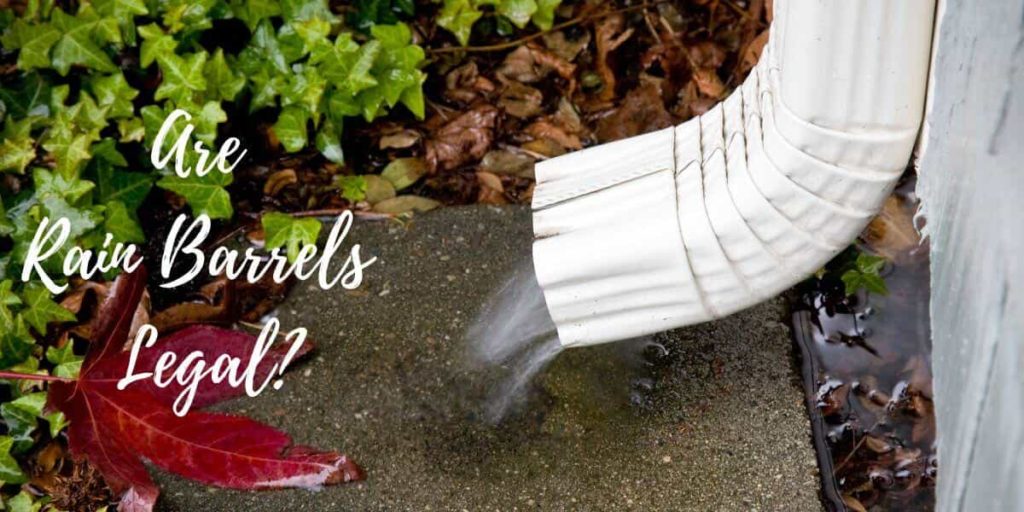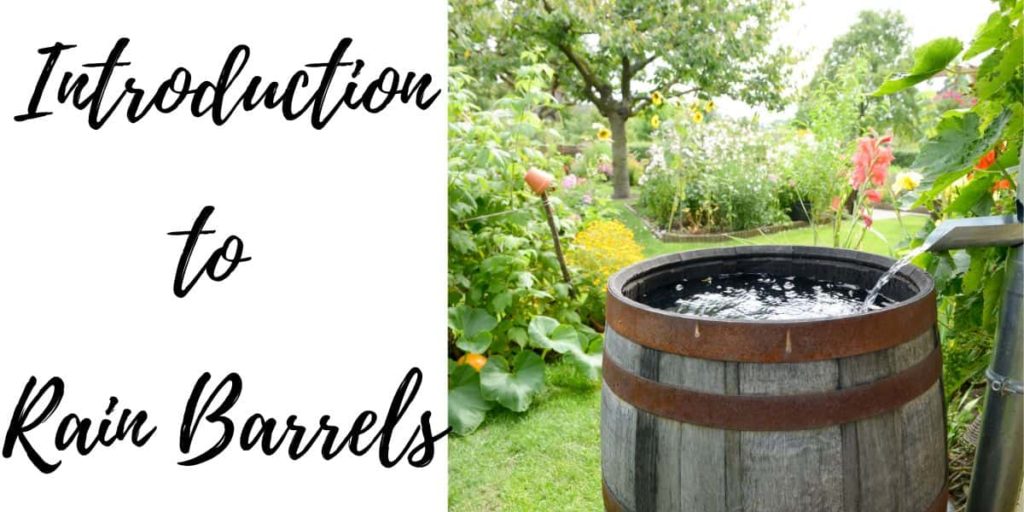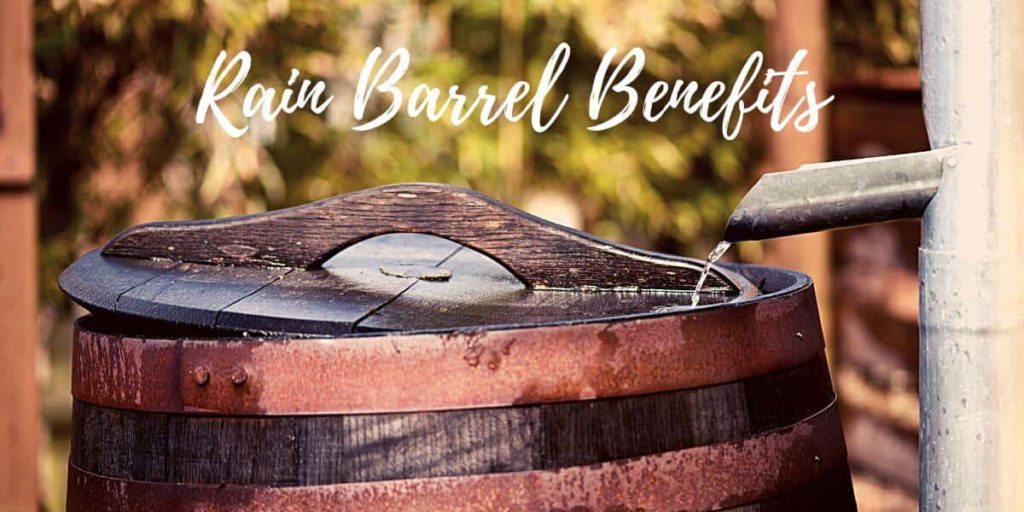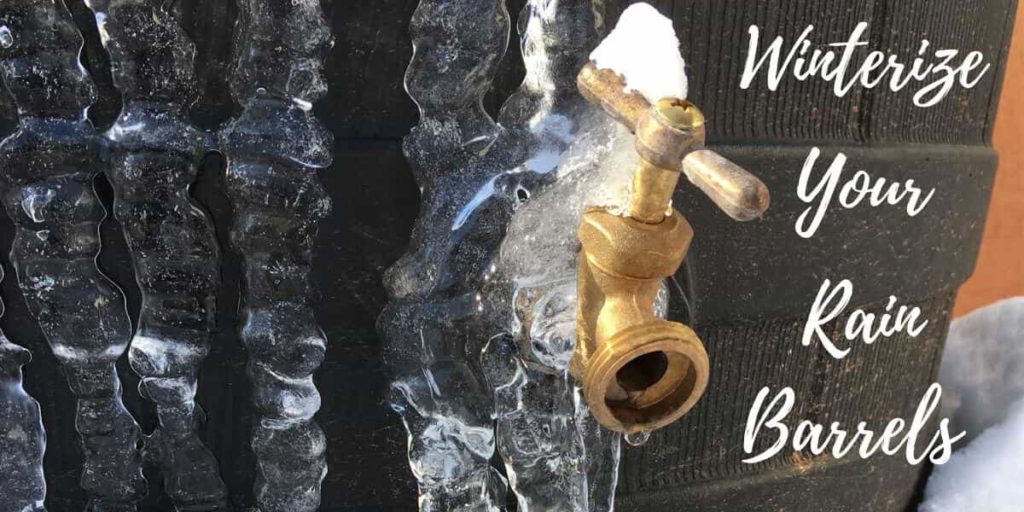Are rain barrels legal to use worldwide?
Water conservation has become an increasingly important issue, particularly in areas with limited water resources or frequent droughts. One popular method of conserving water is through the use of rain barrels, which collect and store rainwater for later use in gardening, irrigation, and other outdoor activities. However, before installing a rain barrel, it is important to understand the legal considerations involved. While rainwater may seem like a free resource, the legality of collecting and using it can vary depending on where you live.
In this post, we will explore the legality of rain barrels in different parts of the world, including any regulations or restrictions that may apply. By understanding the legal considerations, you can ensure that you are using rain barrels in a responsible and sustainable way.
Rain Barrel Legality Varies
The legality of rain barrels can vary depending on where you live. In some places, rainwater harvesting is encouraged and even incentivized, while in others, it may be strictly regulated or even prohibited.
In the United States, for example, rain barrel legality is determined at the state level, and regulations can vary significantly from state to state. Some states, like Colorado and Utah, have long-standing laws that prohibit rainwater harvesting, while others, such as Oregon and Washington, have recently passed laws that encourage and support rainwater harvesting. In some states, the legality of rain barrels is determined by local jurisdictions, such as cities or counties, which may have their own regulations and restrictions.
Outside of the United States, rain barrel legality can also vary widely. In some countries, rainwater harvesting is actively encouraged and supported by government programs and policies. For example, in Australia, rainwater harvesting is considered a vital part of water conservation efforts, and many homeowners are required to install rainwater tanks as a condition of building permits.
In other countries, however, rainwater harvesting may be strictly regulated or even prohibited, particularly in areas where water resources are scarce.
Ultimately, the legality of rain barrels will depend on the specific laws and regulations in your area. If you are considering installing a rain barrel, it is important to research the relevant laws and regulations to ensure that you are using it in a legal and responsible manner.
Are rain barrels legal in my area?
If you are unsure about the legality of installing a rain barrel in your country, there are a few resources you can consult to get more information. To check if using a rain barrel is legal in a specific country or region, you should do the following:
1. Check national and regional laws and regulations:
Research national and regional laws and regulations related to water usage and conservation. This information can often be found on government websites or by contacting local authorities. Many governments have websites that provide information about water regulations and policies, including rules about rainwater harvesting. Try searching for your country’s government website and looking for information related to water use or conservation.
2. Check local laws and regulations:
Check with your city or town to determine if there are any local laws or regulations related to rain barrel usage. Local regulations can sometimes be more restrictive than national or regional regulations. Depending on where you live, you may have a local water authority that is responsible for managing water resources and enforcing regulations related to water use. Contact your local water authority to inquire about any rules or restrictions that may apply to rainwater harvesting.
3. Environmental organizations:
You can also check with local environmental or conservation organizations to see if they have any information on the legality of rain barrels in your area. Environmental organizations may also have information about rainwater harvesting regulations in your area. Try searching for local or national organizations that focus on water conservation or environmental protection.
4. Professional contractors:
If you are considering installing a rain barrel, you may want to consult with a professional contractor who is familiar with local regulations and can advise you on any permits or approvals you may need.
Remember that the rules and regulations related to rainwater harvesting can vary widely depending on where you live, so it is important to do your research and make sure you are following the law. By taking the time to understand the regulations in your area, you can ensure that you are using rain barrels in a responsible and legal way.
What happens if I violate any rules or regulations related to rainwater harvesting?
If you violate any rules or regulations related to rainwater harvesting, the consequences can vary depending on the severity of the violation and the specific laws in your area. In some cases, violating regulations related to rainwater harvesting may result in fines or penalties, while in other cases, you may be required to remove your rain barrel or face legal action.
In some areas, the consequences for violating rainwater harvesting regulations can be quite severe. For example, in some parts of the United States, such as Colorado and Utah, illegally harvesting rainwater can result in fines of up to $5000 or even imprisonment. Similarly, in some countries, violating regulations related to rainwater harvesting can result in significant fines or legal penalties.
It is important to understand the regulations related to rainwater harvesting in your area and to comply with any requirements or restrictions. If you are unsure about the rules in your area, consider consulting with a professional contractor or reaching out to your local water authority for guidance. By using rain barrels in a legal and responsible manner, you can help conserve water resources while avoiding any potential legal consequences.
Do I need a permit or approval from the government to install a rain barrel?
In some areas, you may need a permit or approval from the government to install a rain barrel. The specific requirements can vary depending on where you live, so it is important to research the regulations in your area before installing a rain barrel.
In the United States, for example, some states require permits or approvals for rainwater harvesting systems, while others do not. In some cases, the requirements may be determined by local jurisdictions, such as cities or counties, which may have their own regulations and permit processes.
To determine whether you need a permit or approval to install a rain barrel, you may want to contact your local water authority or building department. They can provide information about any requirements or restrictions that apply in your area, as well as guidance on the permit application process.
Even if a permit is not required, it is still important to ensure that you are using your rain barrel in a legal and responsible manner. Be sure to follow any guidelines or restrictions related to the size, location, and use of your rain barrel to avoid any potential legal issues. By taking the time to research the regulations in your area and comply with any requirements, you can ensure that you are using rain barrels in a safe and legal way.
Can I install multiple rain barrels on my property, and are there any limitations on how many I can install?
In many areas, you can install multiple rain barrels on your property, and there may not be any limitations on how many you can install. However, the specific regulations and restrictions can vary depending on where you live, so it is important to research the rules in your area before installing multiple rain barrels.
In some cases, the restrictions may be determined by local jurisdictions, such as cities or counties, which may have their own regulations and guidelines on the installation of rainwater harvesting systems. Some areas may limit the total amount of rainwater that can be harvested, while others may restrict the size or type of rain barrels that can be used.
To determine whether there are any limitations on the number of rain barrels you can install on your property, you may want to contact your local water authority or building department. They can provide information about any requirements or restrictions that apply in your area, as well as guidance on the permit application process.
By following any guidelines or restrictions related to the installation of multiple rain barrels, you can help ensure that you are using rainwater harvesting systems in a legal and responsible manner. With proper planning and compliance with local regulations, multiple rain barrels can provide an effective way to conserve water resources and reduce your environmental footprint.
Can I use the water collected in my rain barrel for any purpose, or are there restrictions on how I can use it?
The rules and regulations related to the use of rainwater collected in a rain barrel can vary depending on where you live. In general, however, rainwater collected in a rain barrel is typically considered non-potable, which means that it is not suitable for drinking or other household uses that require potable water.
In many areas, there are no specific restrictions on how you can use the water collected in a rain barrel, as long as it is not being used for potable purposes. Some common uses for collected rainwater include watering plants and gardens, washing cars or outdoor equipment, and flushing toilets.
However, in some areas, there may be restrictions on how you can use rainwater, even if it is not being used for potable purposes. For example, some areas may prohibit the use of rainwater for certain outdoor activities, such as filling swimming pools or hot tubs.
To ensure that you are using the water collected in your rain barrel in a legal and responsible manner, it is important to research the regulations in your area and follow any guidelines or restrictions that apply.
Are there any incentives or programs available to encourage rainwater harvesting in my area?
There are many incentives and programs available in different areas to encourage rainwater harvesting and promote the use of rain barrels. These programs can vary depending on where you live and may be offered by local, state, or federal government agencies, as well as by nonprofit organizations and community groups.
Some common incentives and programs include:
- Rebates: Some water utilities offer rebates or discounts for homeowners who install rain barrels or other rainwater harvesting systems. These rebates can help offset the cost of purchasing and installing the equipment.
- Tax incentives: In some areas, homeowners who install rainwater harvesting systems may be eligible for tax credits or deductions.
- Grants: Nonprofit organizations and government agencies may offer grants to fund rainwater harvesting projects, particularly those that promote water conservation or environmental sustainability.
- Educational programs: Many communities offer educational programs and workshops on rainwater harvesting, providing information on how to install and maintain rain barrels and other systems.
To learn more about incentives and programs available in your area, you can contact your local water utility, government agency, or community group. They can provide information on any available programs and help you determine whether you are eligible to participate.
In conclusion, the legality of using rain barrels can vary depending on where you live, and it is important to research the rules and regulations in your area before installing and using a rain barrel. While some areas may have restrictions on the size or type of rain barrels that can be used or the amount of rainwater that can be collected, many communities support the use of rainwater harvesting systems and offer incentives and programs to encourage their installation.
By following any guidelines or restrictions that apply and using rainwater in a safe and responsible manner, you can help conserve water resources, reduce your environmental impact, and potentially save money on your water bills. With proper planning and compliance with local regulations, using a rain barrel can be an effective and sustainable way to manage rainwater and support a greener future.



